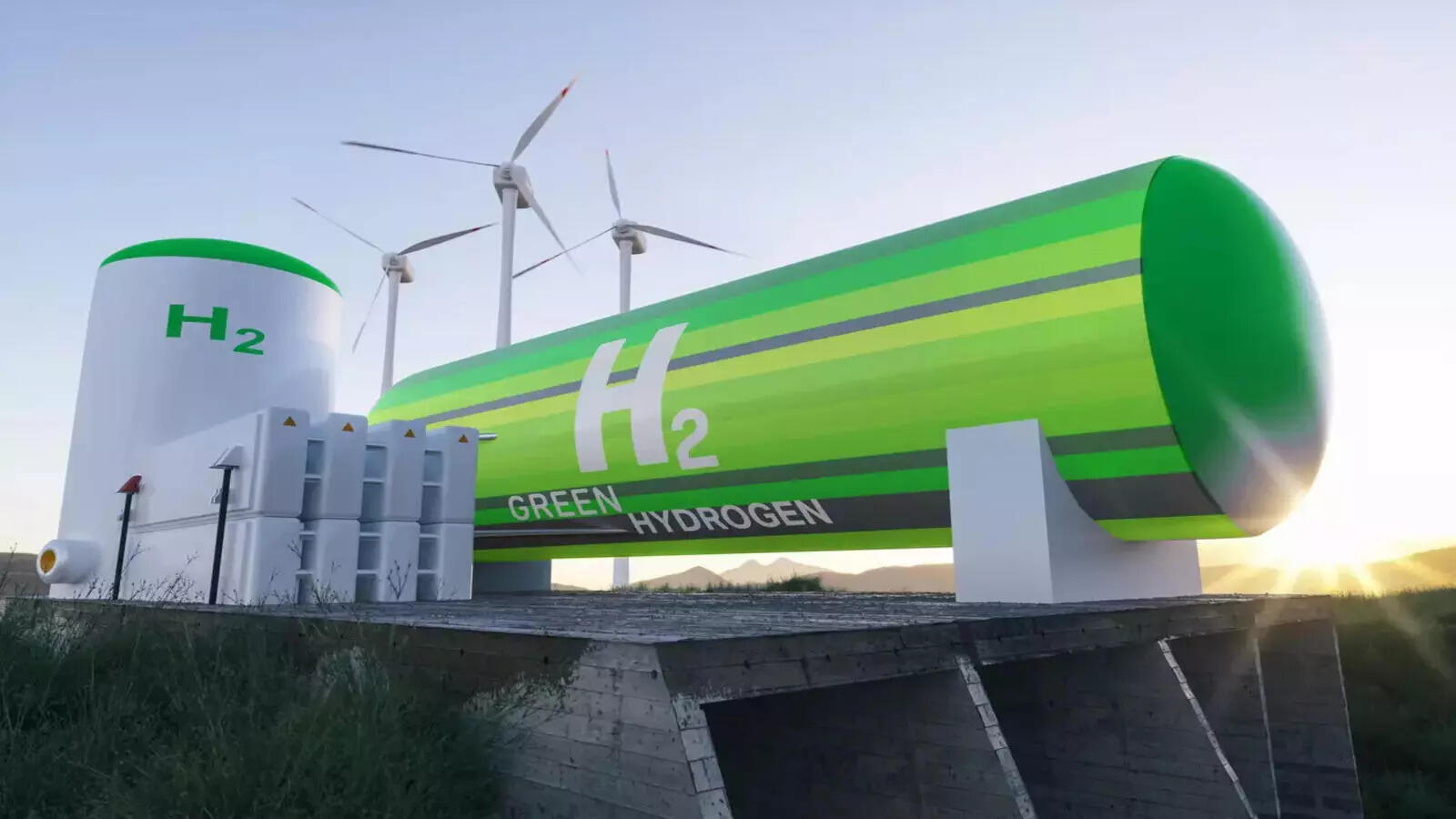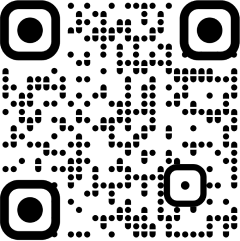
European Union competition regulators approved on Tuesday a 1.4-billion-euro (USD 1.52 billion) hydrogen schemed to be funded by seven EU countries which they expect to unlock an additional 3.3 billion euros in private investments.
The regulators also approved a separate 1-billion-euro healthcare scheme to be funded by six other EU countries.
Estonia, France, Germany, Italy, Netherlands, Slovakia and Spain will fund the hydrogen scheme, the European Commission said in a statement.
It said 11 companies, including Airbus, BMW and Michelin, will take part in 13 projects under the scheme.
This is the fourth such joint hydrogen scheme cleared by the Commission which also acts as the EU competition enforcer.
The healthcare scheme will be funded by Belgium, France, Hungary, Italy, Slovakia and Spain to support research and innovation and is expected to unlock an additional 5.9 billion euros in private investments, the Commission said.
Sanofi, Euroapi and 11 other companies will participate in 14 healthcare projects, which include studying cells and tissues, sustainable production technologies of breakthrough therapies and application of advanced digital technologies.
Both schemes fall under a so-called Important Project of Common European Interest (IPCEI) which allows EU governments to fund them under looser EU state aid rules.
Participating companies which generate extra net revenue from the projects will have to return part of the state aid they received under a claw back mechanism.
Commission Vice President Margrethe Vestager said IPCEI projects were part of the EU’s drive to spur its competitiveness.
“The Commission has approved a total of aid of more than 37 billion euros. These public investments, well they have attracted 66 billions of euros in additional private investment,” she told a press conference.
“So in total this means more than 100 billion euros in investment to foster the competitiveness of European industry,” Vestager said.

